Sleep is often something that we take for granted. We spend approximately 33% of our life in this relaxed state, so it must be important, right?
We investigated why sleep is so vital and the role it plays in our day to day lives.
Sleep allows our mind and our body to recharge ahead of the next day. Getting a good night’s sleep is going to naturally provide you with energy for the day ahead and reduce your likelihood of having to rely on caffeine to get you through!
If we don’t get enough sleep, we feel tired and are much more likely to reach for high calorie/ sugar snack such as chocolate and sweets for energy. Not only will this boost be short lived, snacking on these types of foods can increase our calorie intake and over time, promote weight gain.
Sufficient sleep, in particularly REM sleep (dreaming) allows our brain to process important information such as our thoughts and memories – this includes consolidating learning from the day [2]. Therefore, it’s vital for us to sleep well at the end of the day to remember what we’ve learnt in class.
A lack of sleep alone has been linked with a higher risk of developing, type 2 diabetes, high blood pressure, heart disease, stroke, poor mental health, and early death. Getting better sleep can also help our bodies fight off infection, preventing those pesky coughs and colds from getting in our way [3]. There have even been studies that suggest poor sleep patterns may increase our chances of obesity as it may effect our desire to live a healthy lifestyle when we are deprived of energy [4].
Getting enough sleep will enhance our performance in exercise and also in the classroom. Sleep is essential for our bodies to repair and recover, improving our endurance and cognitive function.
So, how much sleep is enough?
It actually depends on our age. Check out the table below to see the recommended hours [5].
Why not try keeping a sleep diary. Track the amount of hours sleep you get each night and log next to this how refreshed you felt on waking up and throughout the day. You might find a pattern between getting a certain amount of hours and when you feel your best. This can be a good indicator of how much sleep you need.
Re-think your sleep to make sure that you’re getting enough to feel fully rested and conquer the days ahead!
Resources
1. Why Do We Need Sleep? | Sleep Foundation
2. Walker, M. P., & van der Helm, E. (2009). Overnight therapy? The role of sleep in emotional brain processing. Psychological bulletin, 135(5), 731–748.https://doi.org/10.1037/a0016570
3. Besedovsky, L., et al. (2012). Sleep and immune function. https://www.ncbi.nlm.nih.gov/pmc/articles/PMC3256323/
4. Di Milia, L., et al. (2013). The association between short sleep and obesity after controlling for demographic, lifestyle, work and health related factors. [Abstract]. https://www.ncbi.nlm.nih.gov/pubmed/23419528/






